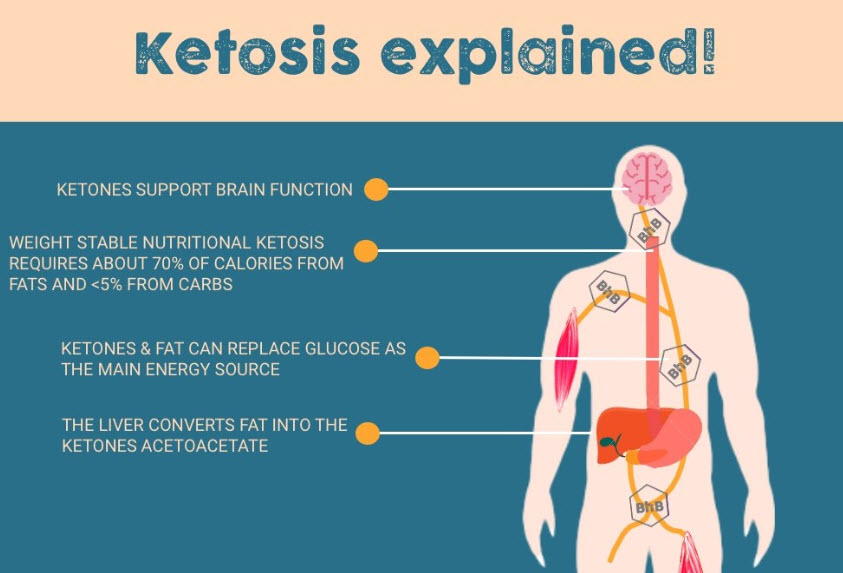
If you want to lose weight, try combining intermittent fasting with a low-carb diet. Both methods help you lose fat and control health conditions.
Intermittent fasting aims to burn fat by depriving your body of carbohydrates, forcing it to use stored fat for energy. When combined with a low carb diet, you can amplify your results even further.
How can I combine intermittent fasting with a low-carb diet?
Combining intermittent fasting with a low-carb diet can boost weight loss results. Specifically, a ketogenic diet combined with 16:8 fasting can help kick-start fat burning and amplify the benefits of intermittent fasting.
A ketogenic diet reduces your daily carb intake to about 20-50 grams and forces your body to burn fat instead of glucose. This metabolic process is called ketosis, and it’s one of the most effective ways to lose weight and keep it off.
In addition to helping you lose fat, a low-carb diet can also lower your risk for diabetes. Studies have shown that a low-carb diet can increase the hormone adiponectin, which regulates insulin levels and prevents the development of insulin resistance.
Another benefit of a low-carb diet is that it helps you feel full longer. Your blood sugar levels stay stable throughout the day, which is a big deal when you’re trying to lose weight and avoid cravings.
What are the potential health benefits of combining intermittent fasting with a low-carb diet for my health and weight loss goals?
The combination of intermittent fasting and a low-carb diet can help you lose weight, reduce your blood sugar, improve insulin resistance, and increase energy. It also helps you achieve a healthy body weight and reduce your risk of obesity-related diseases like diabetes and heart disease.
It can increase your metabolic flexibility, allowing you to switch from burning glucose (sugar) to burning ketones (fat) depending on the amount of available energy you have. It can help you decrease your appetite and burn fat more efficiently.
Research suggests that it can also promote muscle mass, strength, and endurance. Additionally, it can lower your body fat and blood pressure levels.
This is why many health-conscious people choose to combine intermittent fasting and a low-carb meal plan, such as the keto diet. The benefits of combining the two include better weight loss results, increased energy, and improved mental clarity.
What are the risks of combining intermittent fasting with a low-carb diet?
A low-carb diet and intermittent fasting work together to help your body burn fat as fuel instead of glucose. This allows you to lose weight by burning your fat stores for energy, and it also helps lower blood sugar levels so that your insulin (a hormone responsible for regulating blood sugar) doesn't have to do the work of storing excess carbohydrates as fat.
In addition, by lowering insulin levels, you are reducing the risk of developing diabetes and other health issues related to elevated insulin. Insulin is one of the body's most important hormones, and high levels can increase your risk of obesity, heart disease and other health problems.
However, you should never go on a long-term fast without checking with your health care team first. For example, pregnant women should avoid fasting because it could cause harm to the developing fetus. It's also not a good idea for people with kidney or liver disorders or those on certain medications.
What are my SMART goals for combining intermittent fasting with a low-carb diet?
Intermittent fasting and low-carb diets both encourage weight loss through physical fat burning. This happens because the ketones induced by the low-carb diet promote fat oxidation.
A low-carb diet also helps to lower your insulin levels, which can be a big help with weight loss. Insulin is the hormone that opens up your body’s cells to glucose (blood sugar), which is used as fuel by your organs, tissues and brain.
Unlike a high-carb diet, which stimulates insulin to a greater extent, a low-carb diet keeps your carbohydrate intake very low so that your insulin stays low. This reduces your appetite, diminishes hunger cravings and stabilizes your blood sugar.
While intermittent fasting and low-carb dieting may not always work for everyone, it can be a great way to achieve your health and weight loss goals. It can help you lose weight, increase insulin sensitivity and promote muscle building.
Frequently Asked Questions
What is the maximum weight you can lose during a week of intermittent fasting
How much weight should you try to lose during your weekly intermittent fasting? This requires thoughtful reflection.
A balanced approach is crucial. Too aggressive goals can cause burnout and injury. Plan your weight loss goals by taking into consideration lifestyle factors like nutrition, sleep, and hydration. Counting calories might be a helpful tool, but it should not become the sole focus of your plan.
Be aware of the realistic results. Losing more weight than 1-2 kilograms per day can cause strain on the body. However, trying to lose less weight could have minimal to no visible results. Measurements of the body are a better way to track progress than just watching the scales change.
Talking to an experienced dietitian, or health professional can help you get support and guidance along your journey. To ensure your goal is safe, achievable, and sustainable, it's a good idea to get an objective opinion.
Can intermittent fasting help to shed belly fat?
It is crucial to question the status-quo in order to find solutions. Traditional wisdom holds that exercise and caloric restriction are key to losing belly fat. However, new research suggests that intermittent fasting might be a more effective and quicker way to lose fat.
Intermittent eating means that food is only consumed within an 8-12-hour period each day. Between meals, there are 12-16 hours of fasting. Intermittent fasting doesn't mean you have to worry as much about portion control and calories counting than you would when you were under consistent calorie restrictions.
Intermittent fasting is a way to increase metabolism and burn stored body fats more efficiently than long-term methods. It can also help improve mental clarity, digestion, inflammation, and decrease the risk of chronic diseases, such as type 2 diabetes.
Plus, the practice requires little effort from the user -- just set a timer for when you eat and then stay away from food until the timer goes off again! Intermittent fasting is a simple way to reduce belly fat and improve your health.
Intermittent Fasting can help you jumpstart your weight-loss journey. But, it's important that you remember that it's not an all-encompassing solution. However, you still need to make sure that your diet is healthy and balanced. You also need to get enough exercise. If you are pregnant or breastfeeding or have any other medical conditions, it is a good idea consult your doctor before trying a new diet.
What do the studies say about intermittent fasting, weight loss and weight gain?
It is possible to discover amazing possibilities by exploring the benefits of intermittent fasting for weight loss. Research suggests that changing your eating habits throughout the day can help with weight management and overall health. Studies also show that structured fasting can increase metabolism, decrease food cravings, promote fat loss, and reduce inflammation.
Intermittent fasting, which is based on several physiological processes, is an interesting concept that can improve health outcomes and help you lose weight. Recent studies have found that intermittent fasting has been linked to better insulin sensitivity, improved cellular repairs, and positive changes in bacterial populations.
Collectively, these adjustments offer promise for people seeking a lifestyle change or an additional tool in their weight-loss arsenal. People who strive to achieve long-term success can reap the benefits of increased energy and mental clarity.
Evidence proving positive hormone imbalance through fasting protocols is equally impressive. Fasting protocols keep hunger hormones in control, so you don’t feel deprived or over-satiated. This allows for optimal caloric intake and maintains your goals for physical activity.
You can trust your plan of action to work by building on the scientific research and conclusions about intermittent fasting.
What is permissible during intermittent fasting and what is prohibited?
You must be familiar with the rules for intermittent fasting to get the desired results. It's not enough to eat less. You need to make sure you eat the right type and amount of food during certain times.
Intermittent eating is when you only eat certain foods and avoid eating calories. These "fasting windows" can last anywhere from 16 to 24 hrs, giving your body plenty of time to digest and cleanse difficult-to-digestible foods, as well as to speed up your metabolism.
You don't have to fast during these times. These are good times to enjoy nutrient rich beverages like tea, lemonwater, or water. You can also enjoy calorie free snacks such as fruits or vegetables, but they must not contain any fats or oils.
This doesn't mean you can eat all the high-calorie, sugary foods and sweet treats that you want after you have finished your fast. It is important to keep healthy eating habits. It is only after you have completed the recommended fasted hours that you can begin to consider snacking on chips or other unhealthy food options. This will quickly negate all of your hard work. Consume low glycemic food during your meal windows to avoid nutrient-dense foods like whole grains and lean protein.
Finally, it's important to remember that intermittent fasting isn't a one-size-fits-all approach. Everybody is different, and each person will react differently to the exact same diet. If you have any health issues, consult a doctor before starting any new eating plan. Make sure to get enough rest, and that you are hydrated all the way through.
What are the rules for intermittent fasting
Unravelling the secrets of intermittent fasting requires some understanding of the rules and regulations that make it work. The practice of intermittent fasting is a dietary change that restricts your meals and caloric intake to certain days or hours in a day, rather than all day.
Essentially, intermittent fasting requires you to adhere to periods of eating followed by periods of not eating. This can simply be calorie restriction that restricts calories to a certain time and day. Intermittent fasting is a good choice for improving your mental and physical health. It can lead to increased energy levels, focus and concentration, less inflammation, lower blood sugar levels as well as balanced bloodlipids and lucid dreaming.
But fasting isn't something you should jump into without any preparation or guidance -- establishing proper parameters is essential when setting out on this journey so that you can safely reap its many rewards. Although the rules for intermittent fasting can be different depending on the version chosen (e.g., partial or complete fasts), these guidelines will help you to stay safe and enjoy your rewards.
These tips will help you to create a foundation for successful intermittent fasting sessions that are both enjoyable and healthy.
What foods are you forbidden to eat when you fast intermittently?
When it comes to intermittent fasting, abstinence is key. In order to keep your plan intact, you must eliminate certain food groups from your diet that could undermine your efforts.
You can make a big difference in the success of your fasts by avoiding processed foods and sugary goods. You can avoid sugary cereals as well as candy bars, icecream and other sweets.
Saturated fats must be completely removed from the plate. Fried foods, fatty cuts of meat, and processed dairy products like cheese and heavy cream must be excluded to minimize any health risks associated with extended fasting periods. You should avoid foods containing refined carbohydrates like chips and white bread while fasting.
Finally, alcohol should always be avoided during any fasting period - alcoholic beverages supply lots of empty calories that can inhibit the weight loss benefits associated with intermittent fasting. You will be consistent if these guidelines are followed.
Statistics
- consumption was examined in 1 study, which compared dietary fat intake of 45% versus 25% at the expense of carbohydrate intake. (ncbi.nlm.nih.gov)
- Fat consumption was examined in 1 study, which compared dietary fat intake of 45% versus 25% at the expense of carbohydrate intake. (ncbi.nlm.nih.gov)
- The rigor of fasting also varied, with several studies allowing 25% of regular caloric consumption during fasting periods. (ncbi.nlm.nih.gov)
- When diet composition was controlled, most protocols were consistent with Health Canada and American Heart Association guidelines: 55% carbohydrates, 20% fat, and 25% protein. (ncbi.nlm.nih.gov)
External Links
jamanetwork.com
academic.oup.com
- Oxford Academic
- Effect of an Intermittent Calorie Restricted Diet On Type 2 Diabetes Remission: Randomized Controlled Test
annualreviews.org
- Intermittent Fasting: Cardiometabolic Benefits
- Annual Review of Nutrition: Metabolic Impacts of Intermittent Fasting
nejm.org
- Intermittent Fasting has a positive effect on health, aging, and disease
- Calorie Restriction in Weight Loss with or Without Time-Restricted Eating
How To
Getting started with Intermittent Fasting. A Beginner’s Guide
Intermittent fasting can be used to reduce weight or improve health. There are many different ways to do intermittent fasting. You can choose from the 16/8 or the 8/8 method. Or you can eat every day for five days. After that, you will reduce your calories intake to 500-660 calories for the two remaining days.
To get started with intermittent fasting, here are some key steps:
-
Your goals are important: Before you begin any new diet, think about the reasons you want to do intermittent fasting. Also consider what you would like to accomplish. Some people intermittent fast to lose weight while others do it to improve their overall health and reduce the risk for certain diseases.
-
Please choose a method. Intermittent fasting is available in many different methods. It is important to consider factors such as your lifestyle, eating habits and time constraints when choosing which method you will try.
-
Plan your meals: Once you've chosen a method of intermittent fasting, plan your meals accordingly. If you use the 16/8 approach, for example, choose when to have your meals during your 8 hour eating window. For optimal health, fasting requires that you eat high-quality, nutrient rich foods.
-
Hydration is key: Intermittent fasting and drinking lots of water can help you feel fuller. Drink at least 8-10 cups water per day. You might also consider drinking unsweetened coffee or herbal tea.
-
Consistency is key for success when intermittent fasting. Stick to your chosen method as closely and patiently as you can. You may not see the results immediately.
Intermittent fasting can be a powerful tool for weight loss and improving overall health, but it's not for everyone. It's important that you consult a healthcare professional before considering intermittent fasting. This will help determine if it is safe and appropriate. With the right approach and dedication, intermittent fasting can greatly improve your healthy lifestyle.
Resources:
 |
Intermittent Fasting Guide for 2022 | Doctor Mike HansenIntermittent Fasting Guide for 2022 | Doctor Mike Hansen Did you know that it's been predicted that by 2030, more than half of the U.S population will be |
 |
How to do Intermittent Fasting: Complete GuideJoin my Email List: https://www.thomasdelauer.com Check out Thrive Market: http://ThriveMarket.com/Thomas Follow More of My […] |
 |
Intermittent Fasting Myths - Top 5 | Jason FungI cover the most important myths about intermittent fasting and why they are not true. Check out my website at https://www.doctorjasonfung.com and blog at |
 |
How Intermittent Fasting Affects Your Body and Brain | The Human BodyStars like Beyonce and Hugh Jackman have spoken out about following intermittent fasting plans to get in shape. How does intermittent fasting work? Here's what |
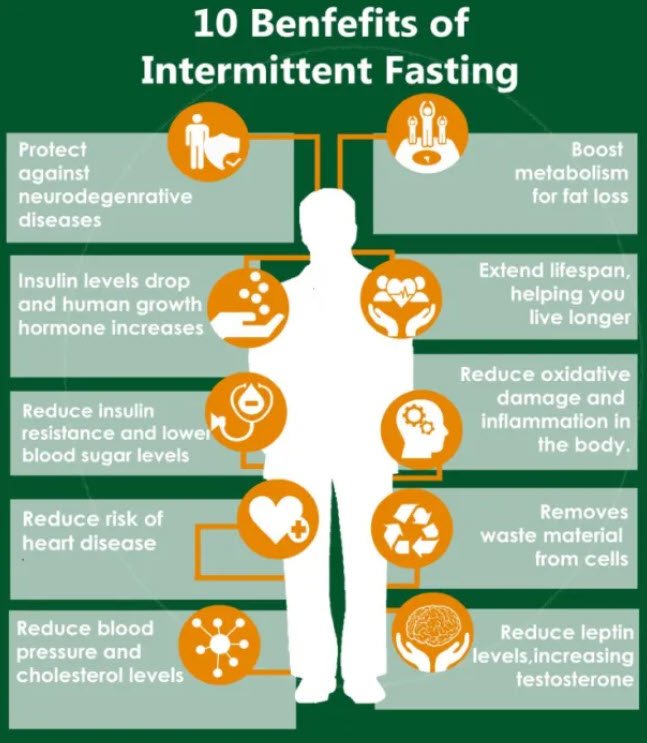 |
Intermittent Fasting For Weight LossWeight loss with Ketosis |
 |
How to Start Intermittent Fasting in 2023 - UPDATED INFORMATION & SCIENCEJoin Thrive Market Today to get 30% Off Your First Order AND a Free Gift Worth up to $60! http://ThriveMarket.com/Thomas How to do Intermittent Fasting in |
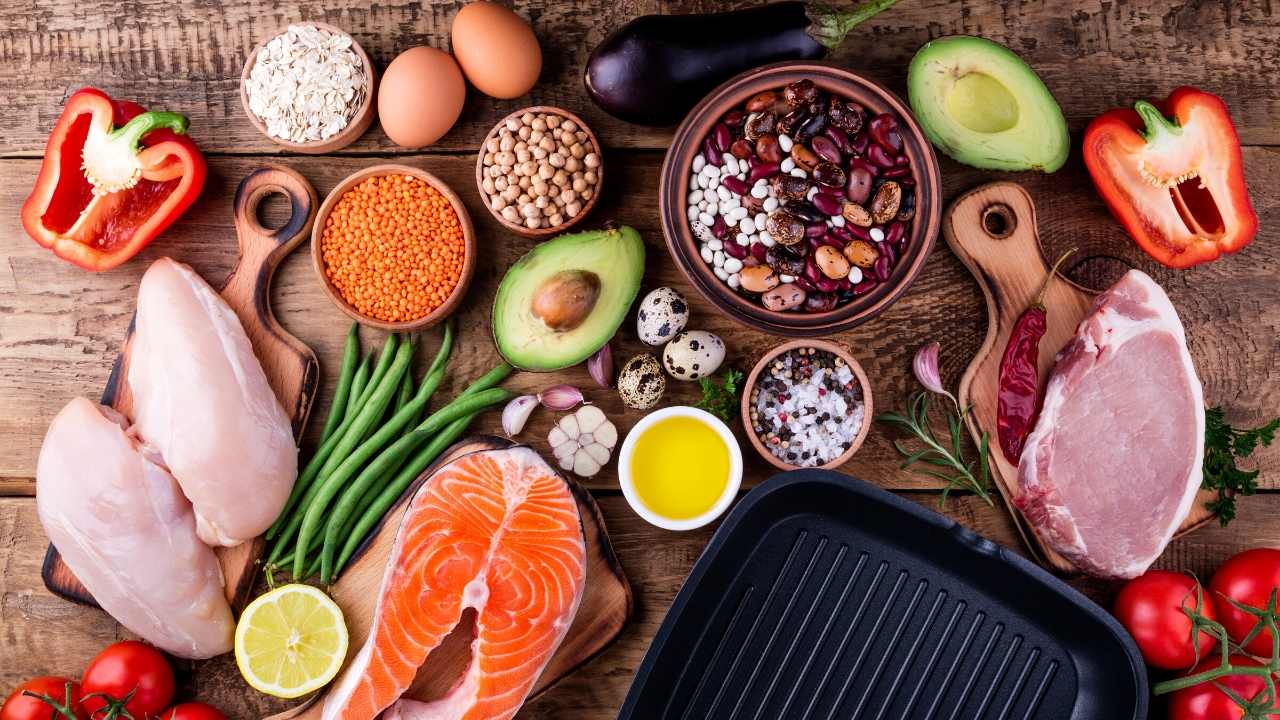 |
What is intermittent fasting?What is intermittent fasting? Learn all about it in our video course with one of the world's top experts, Dr. Jason Fung. Watch the first part above. Part |
 |
Effects of Fasting & Time Restricted Eating on Fat Loss & Health | Huberman Lab Podcast #41This episode I discuss the science and practice of fasting also called time-restricted feeding. I review the data on how limiting food intake to specific |
 |
Dr. Oz Explains Intermittent Fasting | TODAYIt’s the latest diet trend: eating only during certain specified windows during the day. Carson Daly and Savannah Guthrie have been trying it, and Dr. Mehmet |
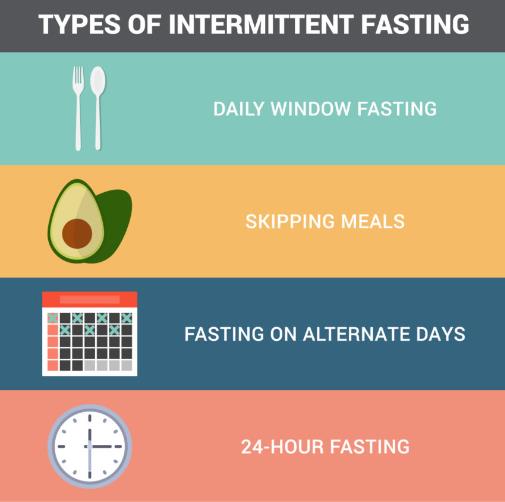 |
Intermittent Fasting For Pregnant WomenWhile intermittent fasting for pregnancy has its benefits, it can also be dangerous. Read on to learn more about the risks and benefits of.. |
 |
Intermittent Fasting: Handle Your Health Problems The Natural WayIntermittent fasting is an age old practice that has recently gained mainstream attention for its widespread success in helping relieve various health problems. |
 |
New study finds no benefit to intermittent fasting l GMAScientists discover there may be zero benefit to the popular "intermittent fasting" diet. SUBSCRIBE to GMA's YouTube page: https://bit |
 |
Intermittent Fasting 8/16You may have heard of the intermittent fasting 8/16 or 12/12 time restriction. This type of fast requires you to go without eating or drinking for.. |
 |
Intermittent Fasting For WomenSide effectsWomen who are looking for a way to lose weight can try intermittent fasting. However, there are several side effects to this type of.. |
 |
How Autophagy WorksAutophagy is a dynamic degradation system that promotes tumor survival. It also promotes the growth of established tumors and facilitates metastasis. .. |
 |
How Much Cholesterol in a DayHow much cholesterol in a day depends on a number of factors. While dietary cholesterol is not necessarily bad, excess intake can lead to serious.. |
 |
The Benefits of the AIP DietThe AIP diet has a number of health benefits. Besides reducing inflammation and weight, this diet also provides essential nutrients. These include.. |
 |
Is Eating Only One Meal A Day a Good Idea?Eating only one meal a day is not a good idea, and it is not sustainable for most people. It may help some people lose weight, but for the average.. |
 |
What Are the Side Effects of Water Fasting?Water fasting is a form of fasting, where a person consumes only water during a period of time. It may be undertaken for medical reasons or for.. |
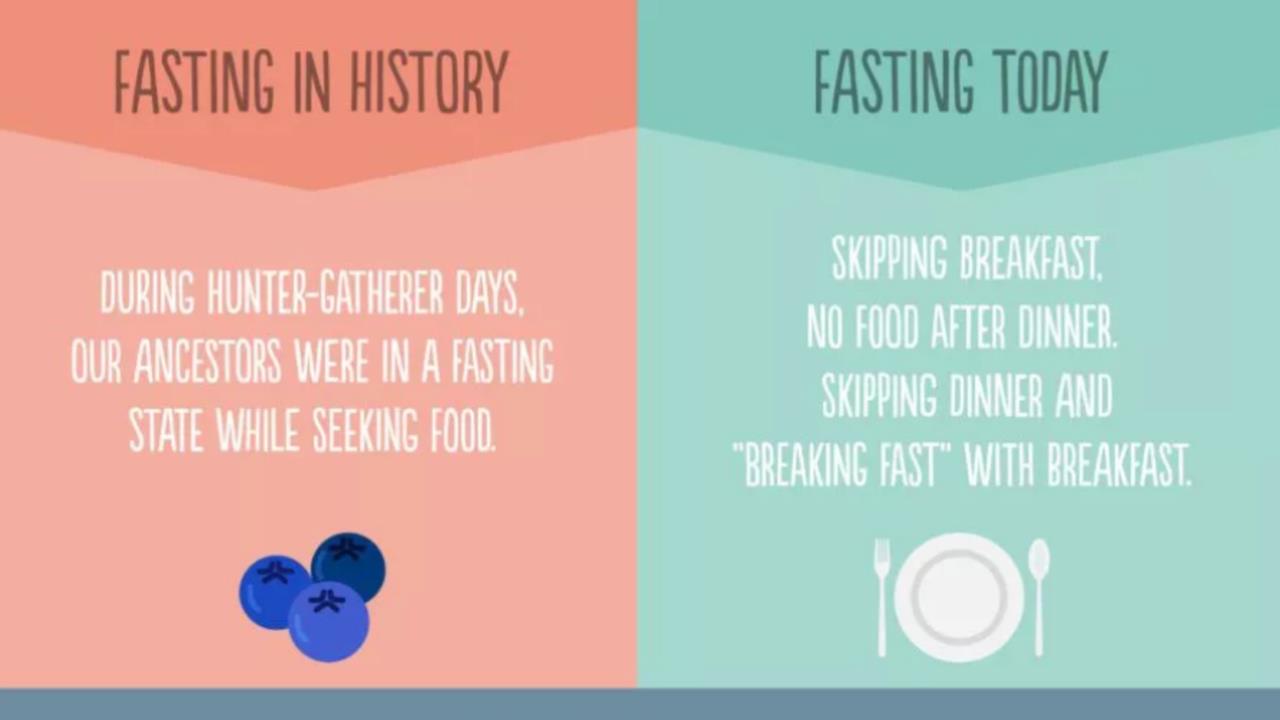 |
Is Skipping Breakfast Right For You?Skipping breakfast has a number of benefits, including the ability to lose weight, improve training performance, and increase growth hormone levels... |
 |
Intermittent Fasting and Blood PressureResearchers have discovered that intermittent fasting may have positive effects on blood pressure. Blood pressure affects the risk of heart disease,.. |
 |
Is it Okay to Drink Coffee on Intermittent Fasting?You might have heard that it's okay to drink black coffee on intermittent fasting. But did you know you can also enjoy a cold brew? What about.. |
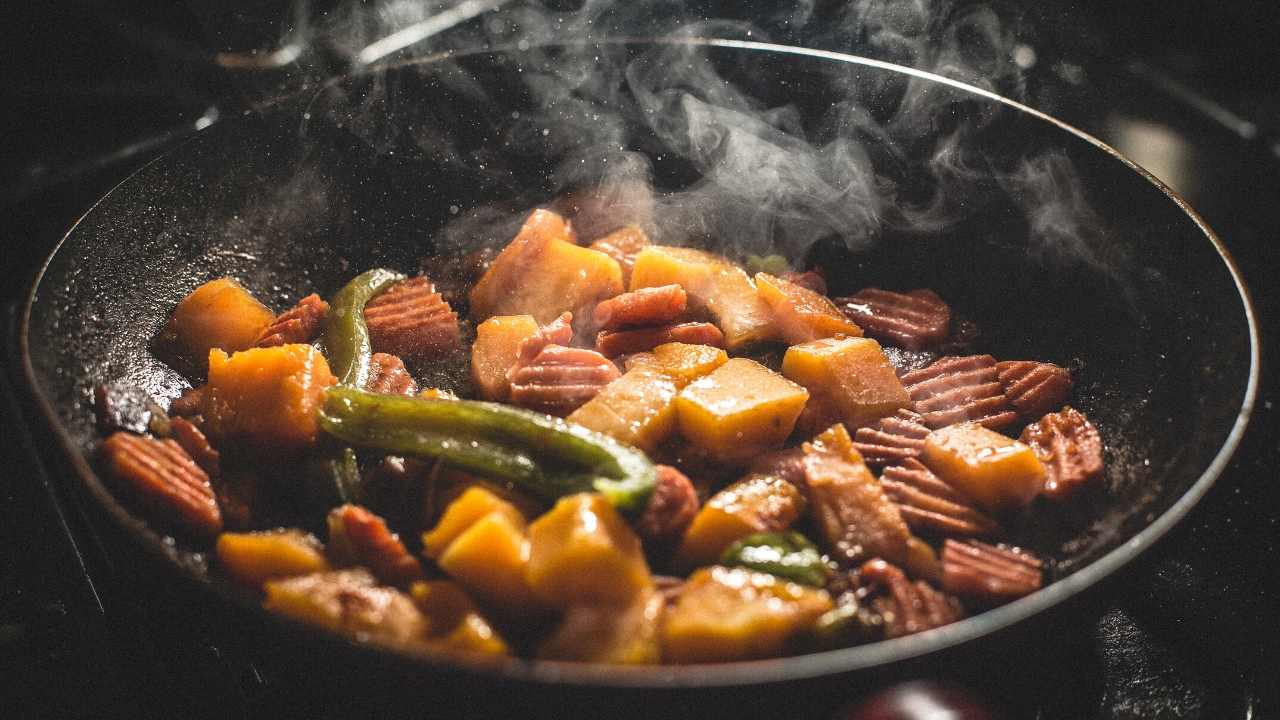 |
How to Start Fasting 48 HoursIf you are considering fasting 48 hours, here are some of the benefits. There are also a few precautions you should keep in mind before you begin. In |
 |
A Psoriasis Diet Can Help Reduce the Severity of Your PsoriasisA psoriasis diet should consist of eating foods that are rich in vitamin A and C, as well as avoiding sugars and processed foods. Avoid eating red.. |
 |
Intermittent Fasting For Weight LossAll you need to know about Intermittent fasting and weight loss |
 |
The DASH Diet to Prevent HypertensionThe DASH diet is an eating plan that was developed by the National Heart, Lung, and Blood Institute. It focuses on fruits and vegetables, low-fat.. |
 |
Intermittent Fasting AppsIf you're on an intermittent fasting regimen, it's important to keep track of your food and exercise intake. Several apps can help you stay on track.. |
 |
Time Restricted EatingIf you're interested in losing weight or improving your health, you may want to try Time-restricted eating or intermittent fasting. Read on to learn.. |
 |
Reactive HypoglycemiaThere are several different ways to treat reactive hypoglycemia. The first step is to reduce or eliminate your caffeine and alcohol intake. You may.. |
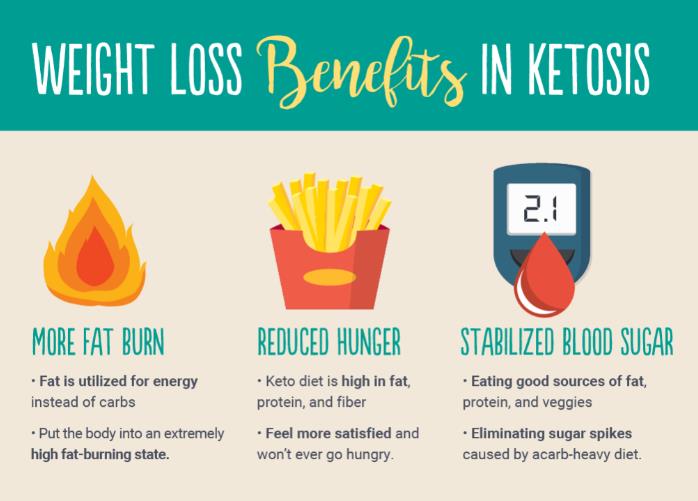 |
LIFE Fasting Tracker - LIFE Apps | LIVE and LEARNThe best, and free, intermittent fasting tracking app for iPhone and Android. Easy to use. Supports all fasting types. Fast with friends. Download for Free. |
 |
Low-Carb Meal PlansLow-carbohydrate meal plans are based on limiting the amount of carbohydrates you eat. Instead, you replace foods that are high in carbohydrates with |
 |
How Autophagy WorksAutophagy is a dynamic degradation system that promotes tumor survival. It also promotes the growth of established tumors and facilitates metastasis. |
 |
The 12-Hour Fast - What Are the Benefits of a 12-Hour Fast?The 12-hour fast is a popular dietary approach that can help you lose weight. It forces your body to rely on its stored fats for energy. It has also.. |
 |
Fasting Before Working OutFasting before a workout has its advantages. Not only does it provide more energy during a workout, it can also help with digestion, which can take.. |
 |
Intermittent Fasting: What is it, and how does it work?Intermittent fasting involves switching between fasting and eating on a regular schedule. This type of fasting could manage your weight or even some forms of |
 |
Healthy Ways to Lose WeightLosing weight is a great way to improve your health and reduce your risk of certain conditions. It can also reduce your total cholesterol levels and.. |
 |
Top Intermittent Fasting AdvantagesThere are many advantages to intermittent fasting as a strategy for weight loss. Intermittent fasting can work with any diet... |
 |
Weight Loss (Low Carbohydrate Diets)Low carb diets have often been used throughout history for weight loss. Although sometimes called a fad, low carb diets have actually more science... |
 |
Intermittent Fasting 101 — The Ultimate Beginner's GuideThis is a detailed guide to intermittent fasting (IF). Studies show that it can help you lose weight, improve health and perhaps even live longer. |
 |
The Key Factors of Weight LossWeight gain and obesity, like any medical disease, is multifactorial. This means that there are many factors that cause weight gain... |
 |
How Doctors Lose WeightHow do doctors lose weight? For their patients, doctors often advise following standard diets, but when trying to lose weight themselves... |
 |
Vacation Weight Loss PlanWhat is the best vacation weight loss plan? Most people [...] |
 |
Should I (lean-) Bulk or Cut?Should I (lean-) Bulk or Cut? |
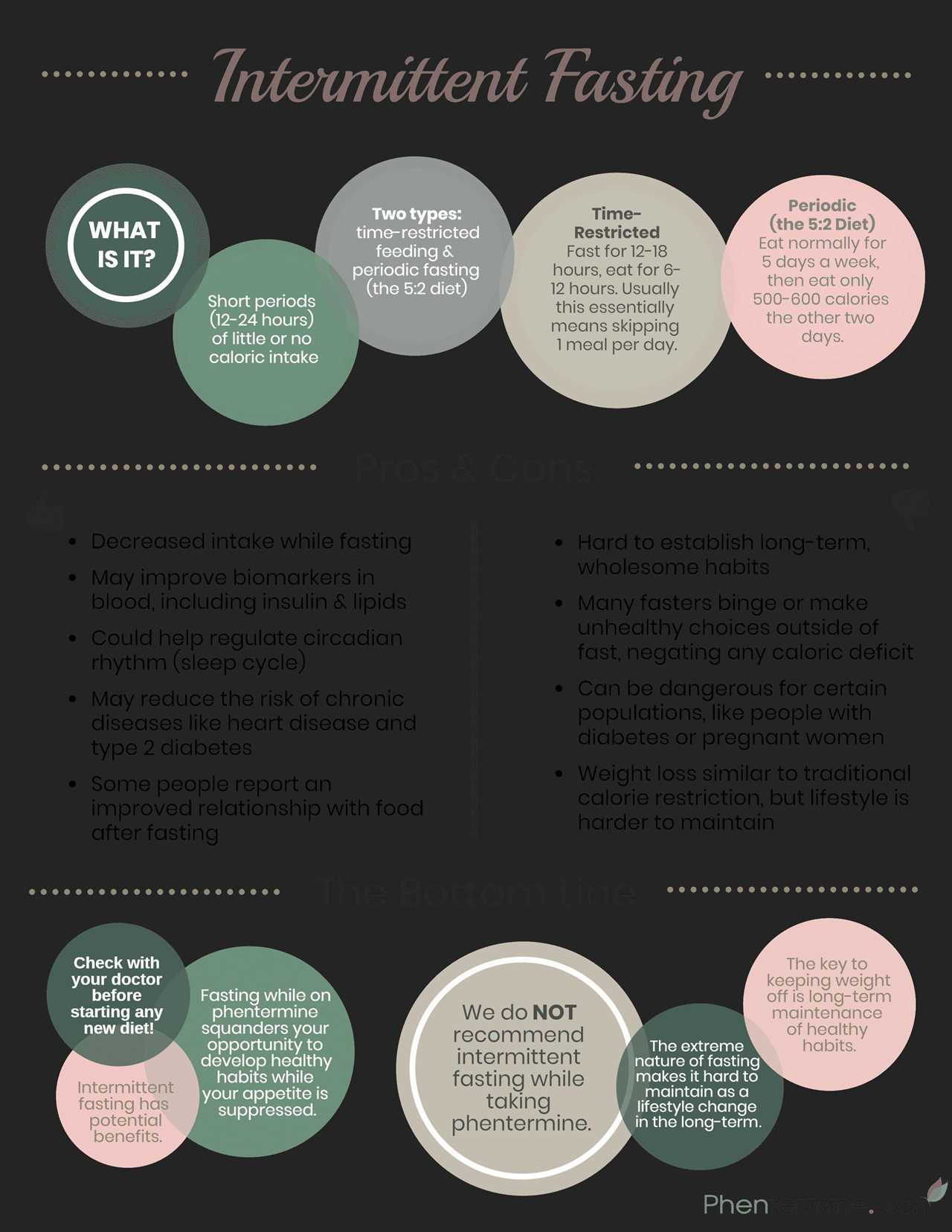 |
Is intermittent fasting good for you?Intermittent fasting isn't new, but it's gaining followers. What's the appeal? |
 |
100lbs down!100lbs down! |
 |
Calculating the Maintenance calories on workout and rest daysCalculating the Maintenance calories on workout and rest days |
 |
How to perform body recomp without counting calories?How to perform body recomp without counting calories? |
 |
Leangains ToolsLeangains Tools |
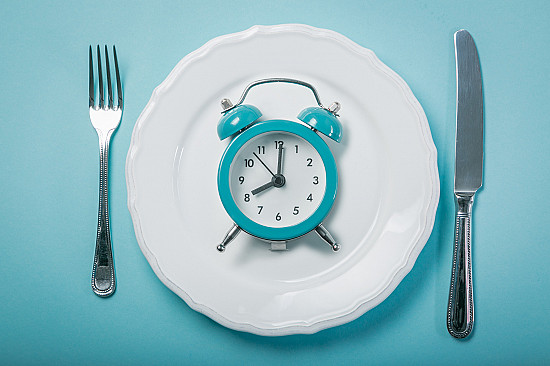 |
Intermittent fasting: The positive news continues - Harvard HealthHarvard research about Intermittent fasting ... |
 |
Rat Model: Intermittent Fasting Normalizes High Blood Pressure Induced by Harmful Intestinal BacteriaPrevious studies have shown that a harmful combination of gut bacteria can cause high blood pressure (hypertension) in humans and other animals. Having a |
 |
Your D-I-E-T Meditation PlaylistIn my TEDx talk, I suggest recasting the noxious word “diet” into D-I-E-T — a reminder to ask ourselves “Did I Enrich Today?” One of the ways we can enrich…The |
 |
Holiday Health (Damage Control)With the holidays on us, maybe your intermittent fasting schedule isn’t as rigorous as it once was. That’s not necessarily a bad thing, because social |
 |
You Got a Zero.Zero’s not been my hero. Through grade school and college, zeroes used to be something of a monster in my mind. Teachers illustrated just how bad a zero is |
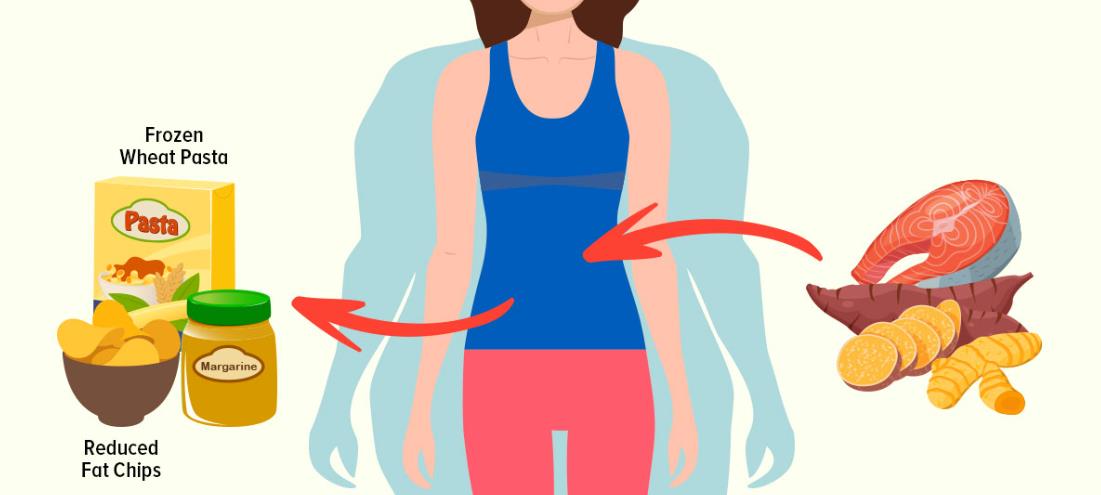 |
Six ways to do intermittent fasting: The best methodsIntermittent fasting is an increasingly popular diet option for weight loss. There are several programs, but this guide can help you find out which one is |
 |
Intermittent Fasting ExperiencesI took part in an energetic discussion of intermittent fasting experiences as part of the release of Women Action Takers Who Gained By Losing for which I wrote |
 |
How to Break a Fast: What to Eat After FastingHow to Break a Fast: What to Eat After Fasting Written by Stephen Anton PhD on May 15th, 2022 How to break a fast? This is an excellent question and one |
 |
How to Believe in Yourself: 10 Tips for Becoming Your Best SelfHow to Believe in Yourself: 10 Tips for Becoming Your Best Self Guest Post by William Anton PhD on June 12th, 2022 William D. Anton, Ph.D is a renowned |
 |
36-Hour Fast (Monk Fast): Everything You Need to Know36-Hour Fast (Monk Fast): Everything You Need to Know Written by Stephen Anton PhD on July 5th, 2022 The 36-hour fast is a challenging fast in that it |
 |
Diet A to Z: Intermittent FastingThe two-day-a-week diet: How intermittent fasting can help you lose weight and boost your health. |
 |
18/6 Intermittent Fasting: Is It the Right Plan for You?18/6 Intermittent Fasting: Is It the Right Plan for You? Written by Stephen Anton PhD on November 29th, 2022 Intermittent fasting has become one of the |
 |
20/4 Intermittent Fasting: The Pros and Cons of a Longer Fast20/4 Intermittent Fasting: The Pros and Cons of a Longer Fast Written by Stephen Anton PhD on January 25th, 2023 There are so many different approaches to |
 |
Everything you need to know about the OMAD dietThe one meal a day (OMAD) diet is a type of time-restricted eating intermittent fasting protocol that involves—you guessed it—eating just one meal a day and |
 |
The ultimate guide to intermittent fasting 20/4When we’re trying to lose weight, we usually think about what we can and can’t eat. Bye-bye beer and burgers. Helloooo carrots and kale! But with intermittent |
 |
The Flexitarian Diet — A Beginner’s Guide by SimpleFrom workouts to working hours, most of us enjoy a little flexibility. So it’s no wonder that when it comes to what we eat, a little wiggle room goes a long |
 |
The Mediterranean diet for weight lossPeople have loved the Mediterranean diet for many years. It’s not a “weight loss diet,” per se. It’s just how people in places close to the Mediterranean Sea |
 |
The complete guide to 18/6 intermittent fastingIntermittent fasting (IF) regularly shows up as many health-seekers’ go-to eating plan, and for good reason. Research suggests that it could have a profound |
 |
The Impact of Different Drinks during Intermittent Fasting: Benefits, Downsides, and ResearchA common dietary strategy called intermittent fasting (IF) alternates between periods of fasting and eating. Apart for water, black coffee, and tea, people |
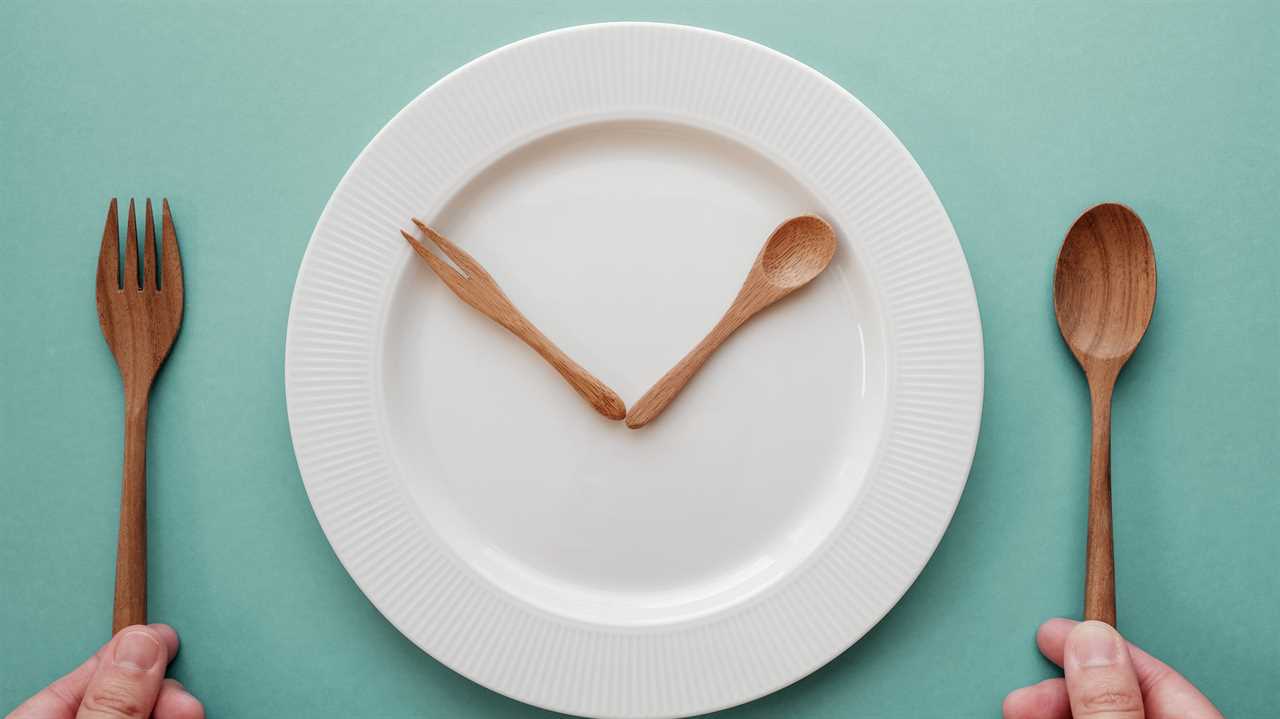 |
Intermittent fasting (IF): Your complete guide - Diet DoctorIntermittent fasting is popular, effective, and easy. This guide tells you how to get started with a successful intermittent fasting routine. |
 |
Intermittent Fasting and Muscle Gain: Benefits, Downsides, and ResearchA common dietary strategy for people who want to increase their muscle mass while also aiding fat loss is intermittent fasting (IF). Although IF has mostly |
 |
Burning Belly Fat: Intermittent Keto vs Intermittent Fasting – Which is More Effective?Visceral fat, commonly referred to as belly fat, is the fat that builds up around the midsection and is associated with a number of health issues, such as |
 |
When you’re ill, is intermittent fasting safe? Precautions and considerations.Those who want to reduce weight, get healthier, or even live longer are increasingly following the trend of intermittent fasting. Yet if you’re sick, you might |
 |
When Intermittent Fasting Stops Working: Reasons, Solutions, and EffectivenessRecently, intermittent fasting has become more well-liked as a technique to reduce weight, enhance general health and longevity, and even improve mental |
 |
5 Intermittent Fasting Methods, ReviewedIntermittent fasting comes in many shapes and forms. This article reviews its pros and cons so you can decide if it's worth a try. |


